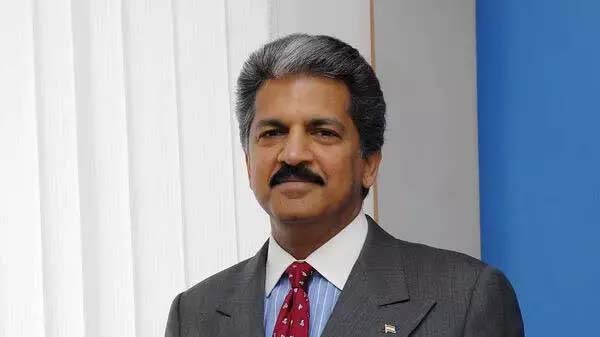Business: Mahindra Group chairman Anand Mahindra recently confirmed in a tweet, “The answer to the question in your title is yes…” in response to a New York Times article “Is India the future of international brands?”. The article highlighted a significant shift for Melissa & Doug, a leading American toy brand. For decades, the company relied on Chinese factories to make its wooden puzzles, stuffed animals, and play mats. However, the COVID-19 pandemic, which led to widespread lockdowns and disrupted Chinese manufacturing, prompted Melissa & Doug to rethink its production strategy.
Trade tensions between the United States and China further exacerbated the situation, with tariffs imposed by President Donald J. Trump and continued under President Joe Biden increasing the cost of Chinese imports. Not sure about brands but India’s youth are India’s biggest strength. Knowledge is becoming common, especially with internet and AI access, things have become much easier,” a user responded. Strategic Policy “Marked by strategic policy implementation, favourable demographics and a strong digital infrastructure, India is emerging as an attractive investment destination,” said another. “This is underlined by the significant increase in FDI inflows,” he added. In February 2021, faced with these challenges, Melissa & Doug looked for alternative manufacturing locations.
This search brought their chief supply chain officer to a factory in Greater Noida, India, owned by Sunlord, a family business. According to the report, the executive was pleasantly surprised by the factory’s ability to produce high-quality wooden toys at prices competitive with China. By the end of 2022, Sunlord had completed its first order for Melissa & Doug, delivering about The project involved 10,000 items. The collaboration quickly expanded, and Sunlord now produces 25,000 items per month for the American toy company. According to the report, the move reflects a broader trend of diversifying supply chains away from China, driven by the need for greater flexibility and cost management in the face of global uncertainties.
